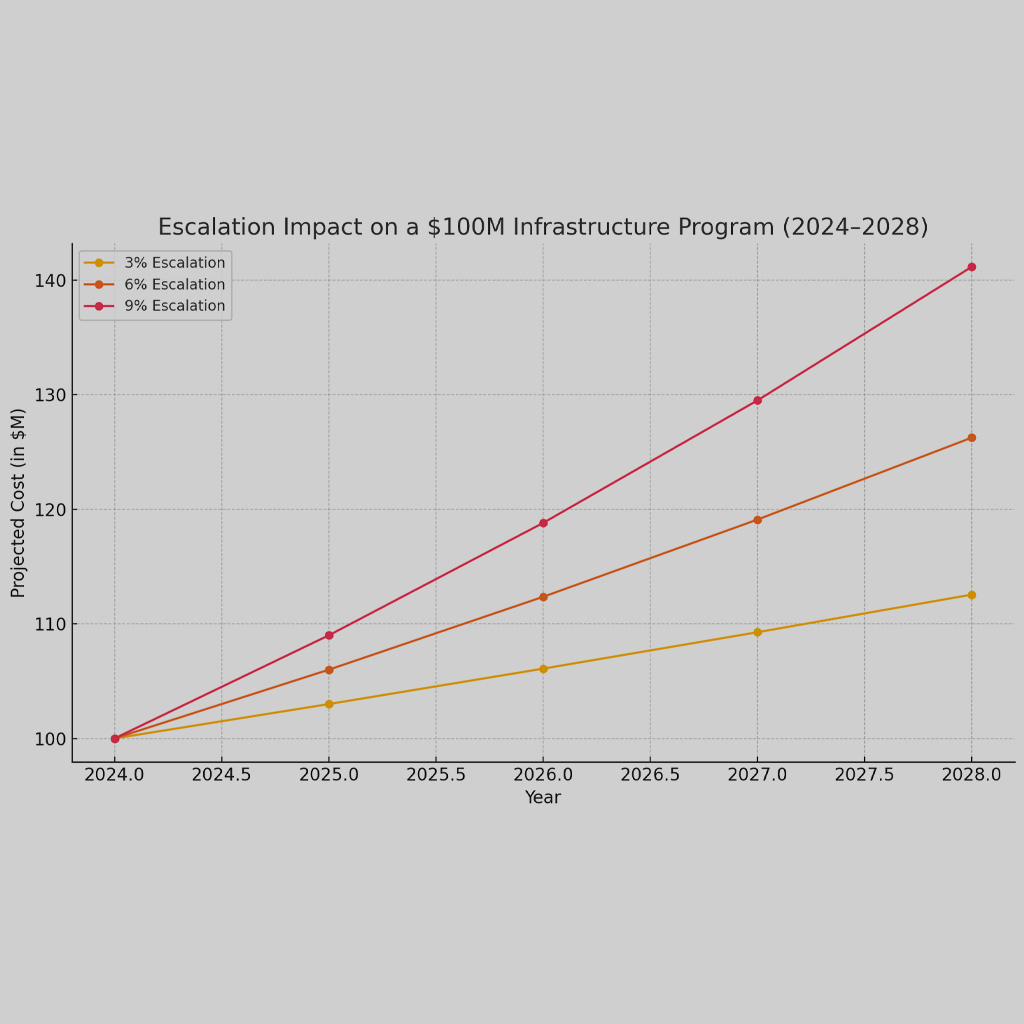Capital improvement bond proposals, particularly those involving large-scale municipal or school infrastructure projects funded by hundreds of millions of taxpayer dollars, necessitate rigorous oversight and stringent approval processes. These processes ensure comprehensive examination and validation of all integral components of the potential program, such as budgets, master schedules, and risk mitigation strategies. This article will explore the justification for enforcing stringent approval processes for such high-stakes financial ventures, underscoring the necessity of detailed budgetary, scheduling, and contractual audits.
The Weighty Responsibility of Public Infrastructure Projects
Public infrastructure projects funded by capital improvement bonds are fraught with complexity, demanding meticulous management of various risk elements and diverse project components. It has been historically established that over 90% of all projects exceeding $100 million are prone to overrunning their initial cost and budget. The infrequent issuance of these bonds by municipal and school districts, typically every 4-7 years, results in a pervasive lack of experience and expertise in bond management within these organizations. Consequently, a rigorous approval process, supplemented by an in-depth audit and review system, is vital for prudent and accountable management of substantial public resources.
The Public Necessity for Formal Approval Processes
Formal approval processes serve as a critical checkpoint, validating each facet of a Capital Improvement Bond Program. These processes act as a fiscal shield, ensuring that the issuing organization has robust planning, adequate resources, and effective operational procedures to manage significant public funds responsibly.
Budgetary Auditing: A thorough budgetary audit verifies the accuracy of cost estimates and checks their alignment with market trends. Additionally, it scrutinizes the proposed expenditures, confirming their correspondence with the projected outcomes.
Scheduling Validation: This process entails a comprehensive review of the proposed master schedule to ascertain its feasibility and realism, thereby confirming accurate project timelines and deadlines.
Contractual Auditing: Rigorous contractual auditing evaluates all contract details, encompassing deliverables, schedules, invoicing procedures, and provisions for non-performance.
Together, these procedures foster transparency and accountability in Capital Improvement Bond Programs, offering essential reassurances to stakeholders and taxpayers.
Beyond the Basics: Stress Tests, Cash Forecasts, and Risk Mitigation
A formal approval procedure should incorporate further protective measures such as stress testing, cash forecasting against the master schedule, and risk mitigation strategies. Stress testing evaluates the proposal’s resilience in the face of potential adversities or unfavorable market scenarios. Simultaneously, an exhaustive cash forecast, aligned with the master schedule, facilitates the seamless flow of funds throughout the project, preventing liquidity crises that could disrupt progress. Risk mitigation strategies also form an integral part of the approval process. These strategies scrutinize identified risks and assess the issuer’s capacity to effectively manage these risks.
Mandating Robust Program Controls, Stakeholder Management, and Performance Metrics
Capital improvement bond programs demand robust program controls, including vigilant monitoring and control systems to track progress, control costs, manage quality, and maintain documentation. An effective stakeholder management plan is indispensable to ensure that the interests and expectations of all stakeholders are appropriately met. Performance metrics, embedded within the approval process, provide a mechanism to assess whether the program is delivering its intended outcomes.
The Trust of Taxpayers and Prudent Stewardship
Raising funds through capital improvement bonds for municipal or school infrastructure projects is more than just financial activity. It’s a commitment to the public that their hard-earned money will be spent judiciously and effectively.
This prudent stewardship mandates a formal approval process. Only through rigorous budgetary, scheduling, and contractual auditing, combined with stress testing, cash forecasting, risk mitigation, effective program controls, and stakeholder management, can we assure that capital improvement bond proposals are executed responsibly and transparently, and in the public’s best interest.
Thus, as the guardians of public trust and funds, municipal or school districts have a responsibility to incorporate these rigorous approval processes in their operational frameworks. The failure to do so could compromise the very objective of these bonds, undermine public trust, and risk the future of public infrastructure.
At Front Line Advisory Group, we are pioneers in Capital Improvement Bond Management, leveraging unparalleled expertise and deep industry insights. Our mission extends beyond consultation – we empower our clients to realize the full potential of their investments, ensuring tax dollars are put to maximum use through astute Program Management Consulting. For more information or to commence your journey towards transformative bond management, reach out to us at info@frontlineadvisorygroup.com.













